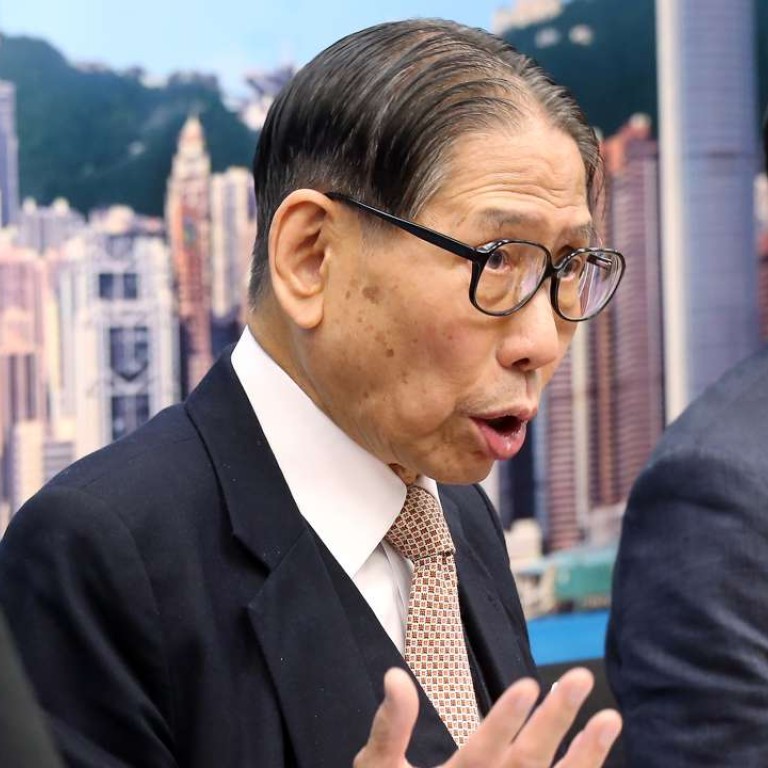
Working hours law in Hong Kong will lead to more productive workplace
The three-month public consultation on standard working hours ended last month and perhaps it has brought us a step closer to having legislation.
The government’s efforts to promote employees’ rights began with the establishment of the Standard Working Hours Committee in April 2013. However, views are polarised and it could be difficult for all stakeholders to find common ground.
The case for a standard working hours law is simple – ensuring workforce sustainability by having dynamic workplace operations.
I believe society is in a win-win situation by having a standard working hours law. It gives employees greater protection in the area of health and safety. Employers benefit through reduced absenteeism and better workplace morale with employees being more motivated.
It will also pave the way for the promotion of a better work-life balance. Workers will have more spare time to spend with their family and friends and pursue their hobbies.
The average and median weekly working hours in 2011 (based on a Census and Statistics Department survey in 2011) were 49 and 48 respectively. When we look at our regional rivals, South Korea and Japan, daily and weekly working hours are restricted to a maximum of eight and 40 respectively.
If the statistics are any guide, Hong Kong is lagging behind other countries when it comes to employee protection and compensation, and there is a need for change. When drafting legislation, the interests of all parties must be considered.
Whenever there are calls for a standard working hours framework to be established, talks between different groups end in deadlock. Bones of contention include legal issues and exemptions for certain occupations.
I think any legislation should allow for a flexible schedule of working hours on a daily and weekly basis. A tailor-made working hours system can be established for specific occupations to avoid any grey areas. Other key issues like whether employees who want to work longer hours for more money through an opt-out clause are worthy of closer examination.
In terms of enhanced employee protection, we have not moved forward since the introduction of the Minimum Wage Ordinance, and calls by the public for greater protection in the workplace are legitimate.
It is reassuring to see the government encouraging public discussion of this issue. But it must not lose the momentum and must put proposals into practice.
Matt Kwok, Wong Tai Sin

